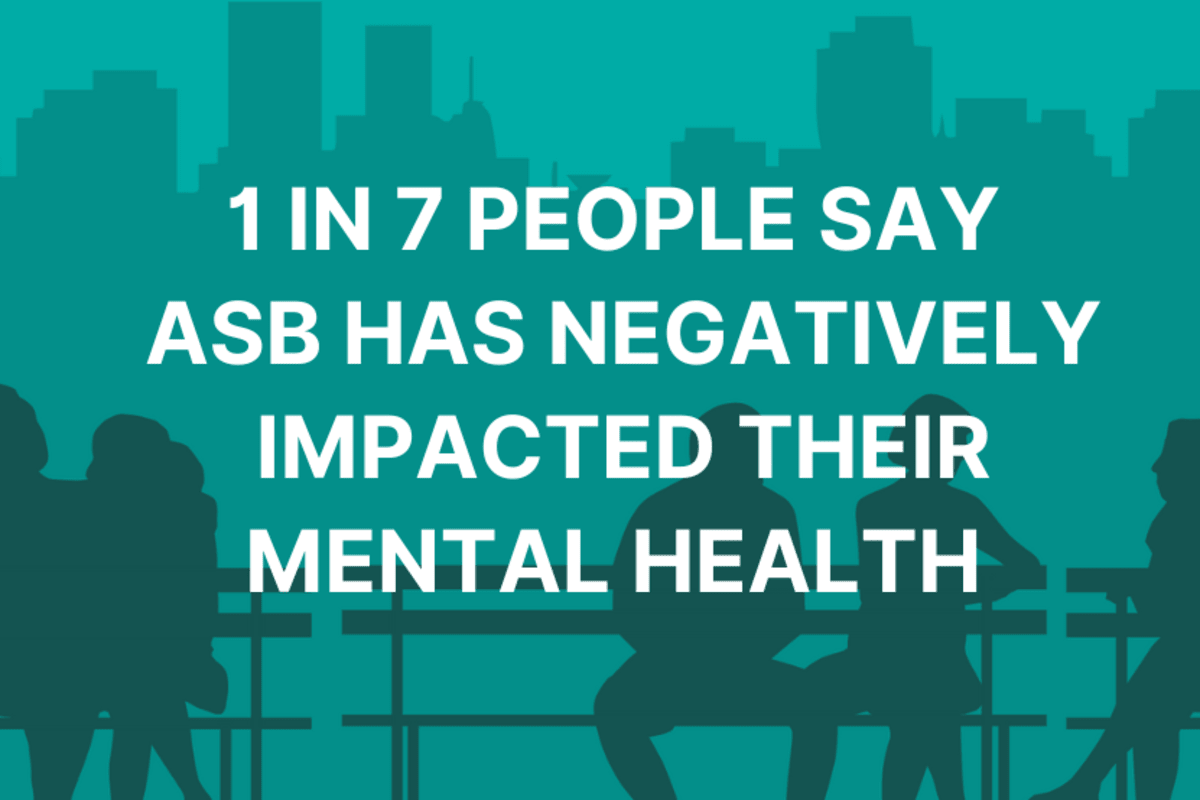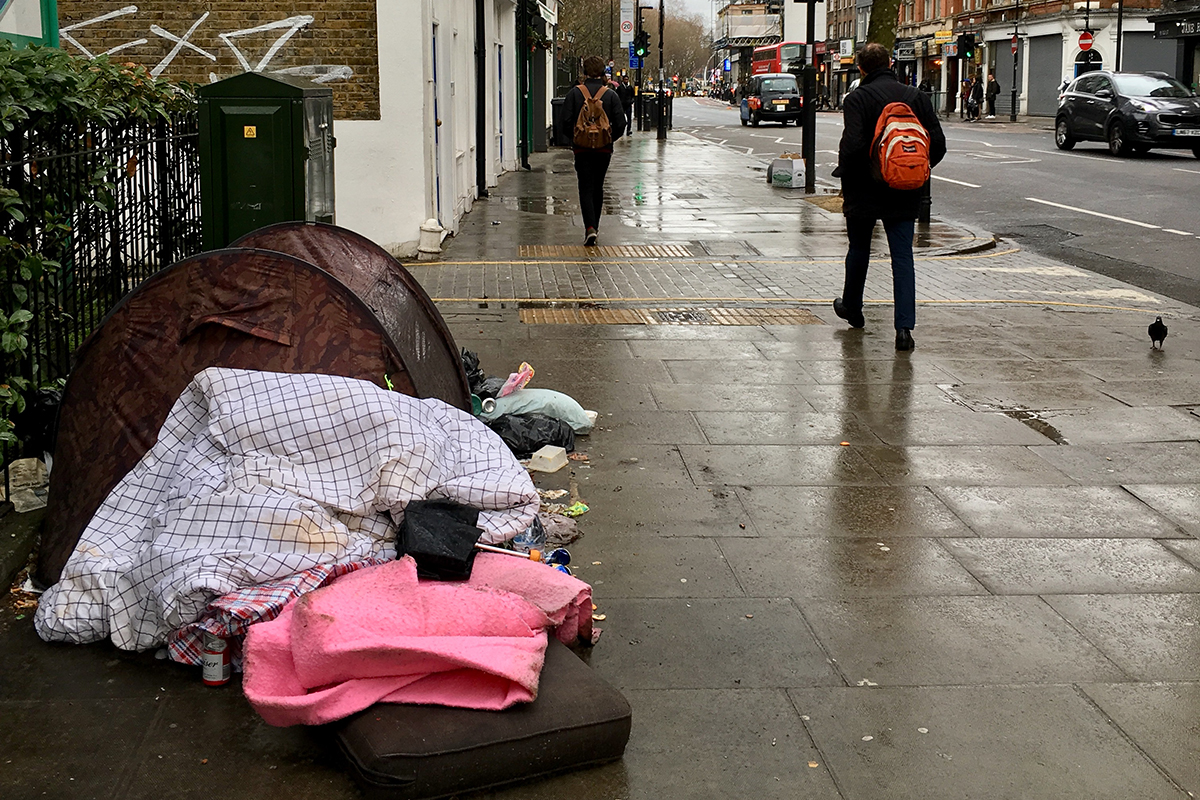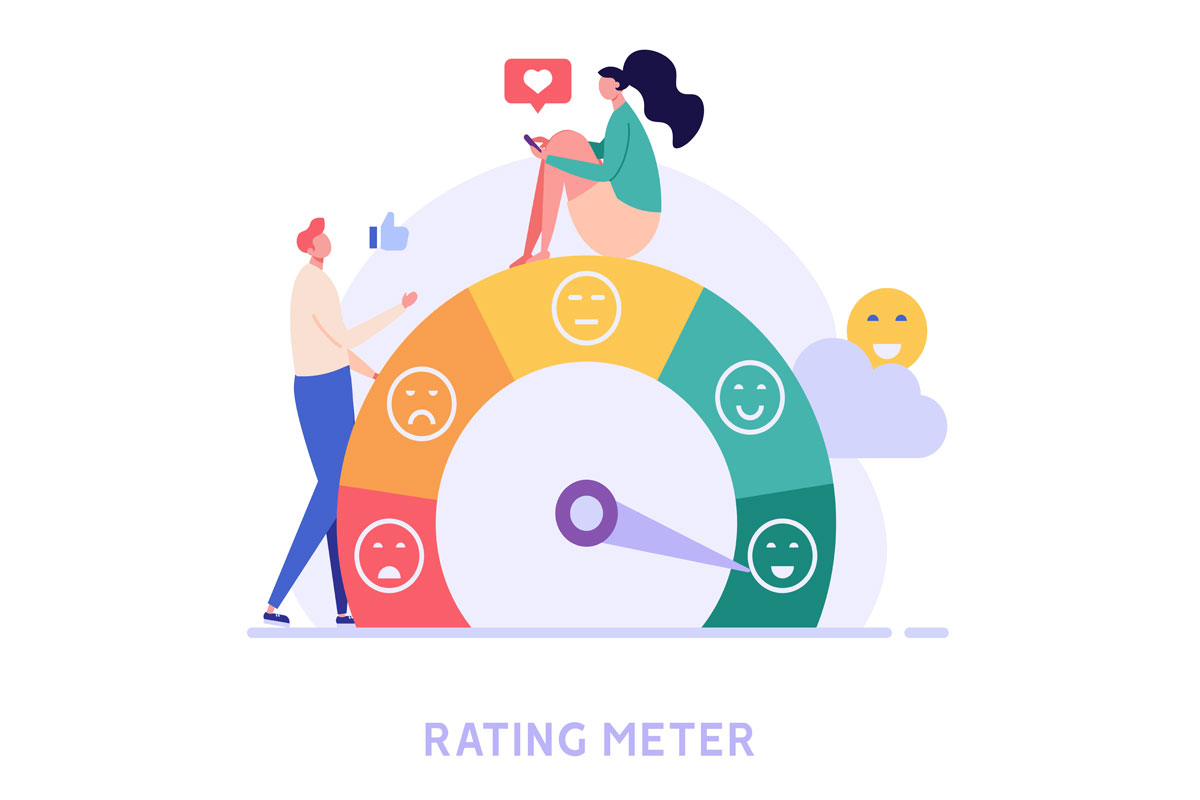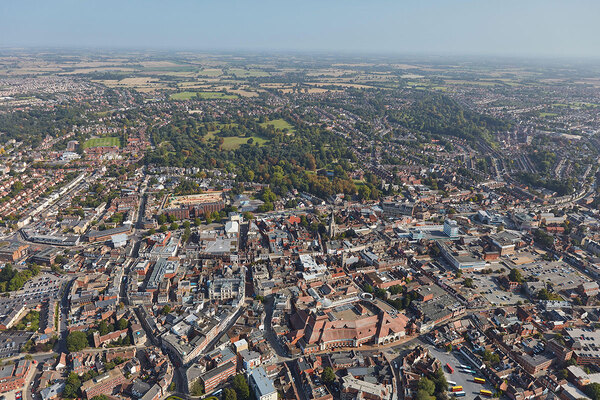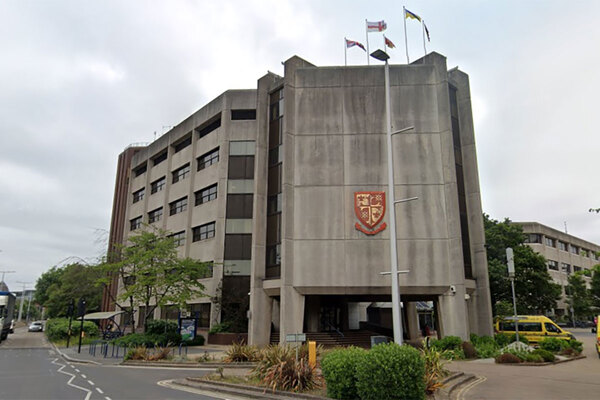
Tom Nevitt is head of business development at Resolve
Anti-social behaviour: widespread, highly damaging and still underreported
New research shows that one in four UK adults say anti-social behaviour has made them feel unsafe in their local area, writes Tom Nevitt
Anti-social behaviour (ASB) is widespread, underreported and has a staggering impact on victims and communities, according to new research commissioned by Resolve and collected by YouGov.
Further research by Resolve also suggests that there are over five million incidents of ASB in the UK each year. Approximately one in seven people experience ASB at least once a week (13.8%), and an estimated 1.7 million people experience ASB every single day.
In terms of impact, one in four UK adults say ASB has made them feel unsafe in their local area and 58% of people say more needs to be done to tackle the issue.
A staggering one in 10 adults say ASB has even caused them to move home.
Despite this, half of those who have been a witness or victim of ASB in the past three years did not report it.
Victims are generally not satisfied with the response from agencies when they do report ASB, and only 6% of victims know what to do when they are unsatisfied with the response – or lack thereof – and the ASB is continuing.
When ASB is not reported, naturally, nothing is done to stop it. This can lead to more, and more serious, ASB taking place in the future, so we need to address the issue of people not reporting.
This starts with community confidence that the issue will be addressed if they make a report, and is reinforced by victims being satisfied with the handling of their case. This will take time, but more and better communication would be a good place to start.
“We know that more resilient communities are safer communities... We need to build on this at every level”
In response to the YouGov survey commissioned by Resolve, just 5% of people said they had noticed communications around how to report ASB in the past year, but 47% of victims/witnesses said that this would make them more likely to report ASB in the future.
Including a simple overview of how to report ASB in your local area on a council tax bill, for example, would go a long way to increasing reporting and helping victims to access the support they need.
Of course, increasing reporting is just the start. Being a victim of ASB can be extremely debilitating: one in 20 people say they have had to take time off work because of ASB and one in seven say ASB had an impact on their mental health.
We need to ensure that there is appropriate support in place for all victims of ASB across the country. Some regions in the UK already offer excellent support to victims, while some offer very little or none at all.
We need national legislation to protect victims and to ensure that there is appropriate and accessible support in place.
The Victims and Prisoners Bill currently working its way through parliament contains a Victims’ Code. This is a set of protections and rights, such as the right to be referred to victim support services, the right to be paid expenses and have your property returned, and the right to be given information about the outcome of your case.
As it stands, victims of ASB are excluded from this bill and are not protected in the same way as victims of other crimes. This needs to change.
Finally, we know that more resilient communities are safer communities. One good thing that we saw during the pandemic was communities coming together more. There were street WhatsApp groups, people checking in on neighbours and increased community engagement with local issues, even in places where community engagement had historically been stubbornly low.
We need to build on this at every level. We ought to work to increase participation, foster pride in the places where people live and empower individuals to protect and improve their communities.
“When anti-social behaviour is not reported, naturally, nothing is done to stop it”
Making communities safer requires a multi-agency approach, supported by national legislation and with full community involvement. We have a long way to go, but the government’s new ASB Action Plan contains some solutions and ASB Awareness Week 2023 highlighted how anti-social behaviour is finally being recognised as a national priority by policymakers.
Resolve will continue to work with all national stakeholders and partners to improve support for victims of ASB and empower communities to be resilient.
Tom Nevitt, head of business development, Resolve
Sign up for our daily newsletter
Already have an account? Click here to manage your newsletters
